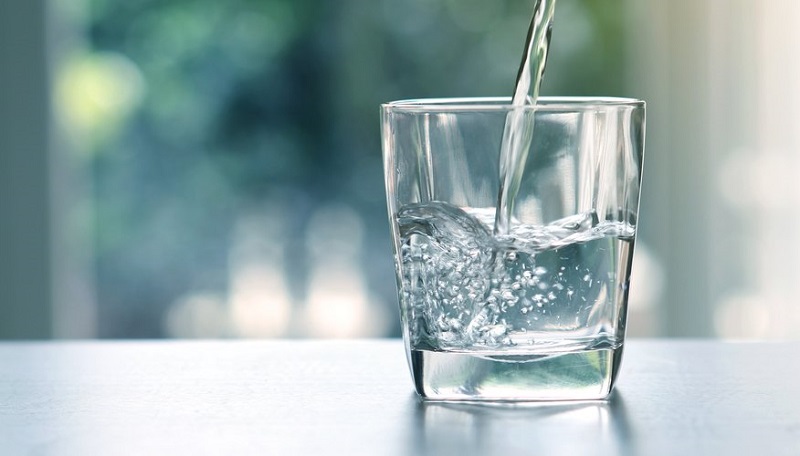Surely more than once you have heard of hard water and soft water, right? The difference between the two derives from the levels of lime it contains: hard water is the one that contains the greatest amount of lime, while soft water they are concentrated in a lower proportion. This fact derives, mainly, from the geological nature of the soil and the geographical area where the water comes from. The hardest water can cause problems since the lime in the water affects our homes and can cause problems. If you want to know more about the subject, don’t miss this article on what is hard and soft water.
Hard water
Hard water is known as water that contains a high level of minerals, specifically magnesium and calcium salts. This type of water is usually underground in calcareous soils, which raise the levels of lime and magnesium, among others.
These minerals are what make it difficult for other substances to dissolve correctly in the water, as can happen in the case of soap when washing clothes. Also, hard water leaves more residue, for example, lime in drains and pipes, thus causing problems in the home. It is for this reason that in geographical areas with hard water, it is recommended to use products that prevent the formation of lime.
Soft water
On the contrary, soft water is water in which minimal amounts of salts are dissolved. They usually correspond to well water or those that come from surface water
The softest water is distilled water, due to the fact that it does not contain any minerals and is not suitable for human consumption.
Medium water
Although hard water and soft water are the most popularly known, we can also find a medium hardness of the water. It will be the one that is located in the intermediate levels between what is considered hard and what is soft based on the number of minerals it has.
How lime affects
Although at first glance it may seem that the limescale in the water is not affecting any aspect of our home, it is not. And is that its effects are “invisible” but very harmful, both materially and economically. Some of the adverse effects of hard water are:
- Obstruction and oxidation of the pipes.
- White marks and traces on sinks, bathtubs, taps…
- Lime modifies the taste of water.
- It damages electrical appliances, such as washing machines and dishwashers.
- You can see here in more detail how limescale in the water affects your home.
- If you want to read more articles similar to What is hard and soft water, we recommend you visit our Home maintenance and safety category.
Tips
You can carry out a test to check the hardness of the water in your home.
